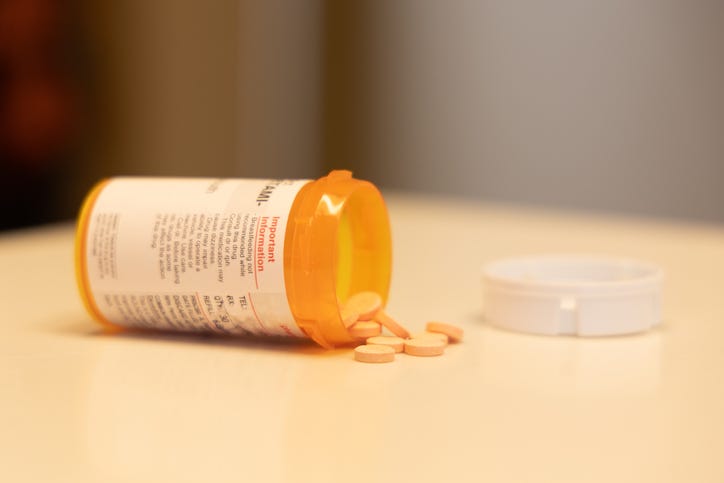
Medical providers across the country are being forced to make difficult decisions about patient care due to the sheer number of drug shortages.
There are active shortages for 245 different drug as of Nov. 3, according to data from the American Society of Health System Pharmacists.
While spikes in demand can cause short-term drug shortages, the most severe and persistent shortages are "driven by economic factors that undermine investment in manufacturing capacity, manufacturing quality and supply chain reliability," the ASHP said.
Shortages often put providers in a tough spot to make decisions like rationing medications or canceling treatments outright because the drugs just aren't available.
"Some of them involve oncology drugs, things we use to treat cancer," Michael Ganio, senior director of Pharmacy Practice and Quality with ASHP, told NPR. "And of course, those patients are already going through a personal struggle. But now you layer on top of that the fact that the drug that is preferred to treat their cancer may not be available."
Manufacturing quality issues are the major reason for drug shortages, according to the U.S. Food and Drug Administration. Other factors contributing to shortages include production delays at the manufacturer, delays receiving raw materials and components from suppliers, and discontinuations.
Injectable drugs are especially vulnerable to prolonged shortages.
"There are a limited number of production lines that can make these drugs. The raw material suppliers the firms use are also limited in the amount they can make due to capacity issues at their facilities," the FDA said. "When one company has a problem or discontinues, it is difficult for the remaining firms to increase production quickly and a shortage occurs."
The FDA said it responds to potential drug shortages by "taking actions to address their underlying causes and to enhance product availability," such as working with other firms making the drugs that are in shortage to ramp up production.
A shortage is considered resolved when all manufacturers are able to meet total national historical demand and have built enough safety stock, the FDA said.
Just because you can't find a particular medicine doesn't necessarily mean there's a shortage.
"If you can't find your prescription or over-the-counter medication at your local pharmacy or store, it may be due to a temporary, localized supply issue," the FDA pointed out. "Check multiple stores or pharmacies, or ask your health care provider or pharmacist if there is an alternative to the medicine you're looking for."
